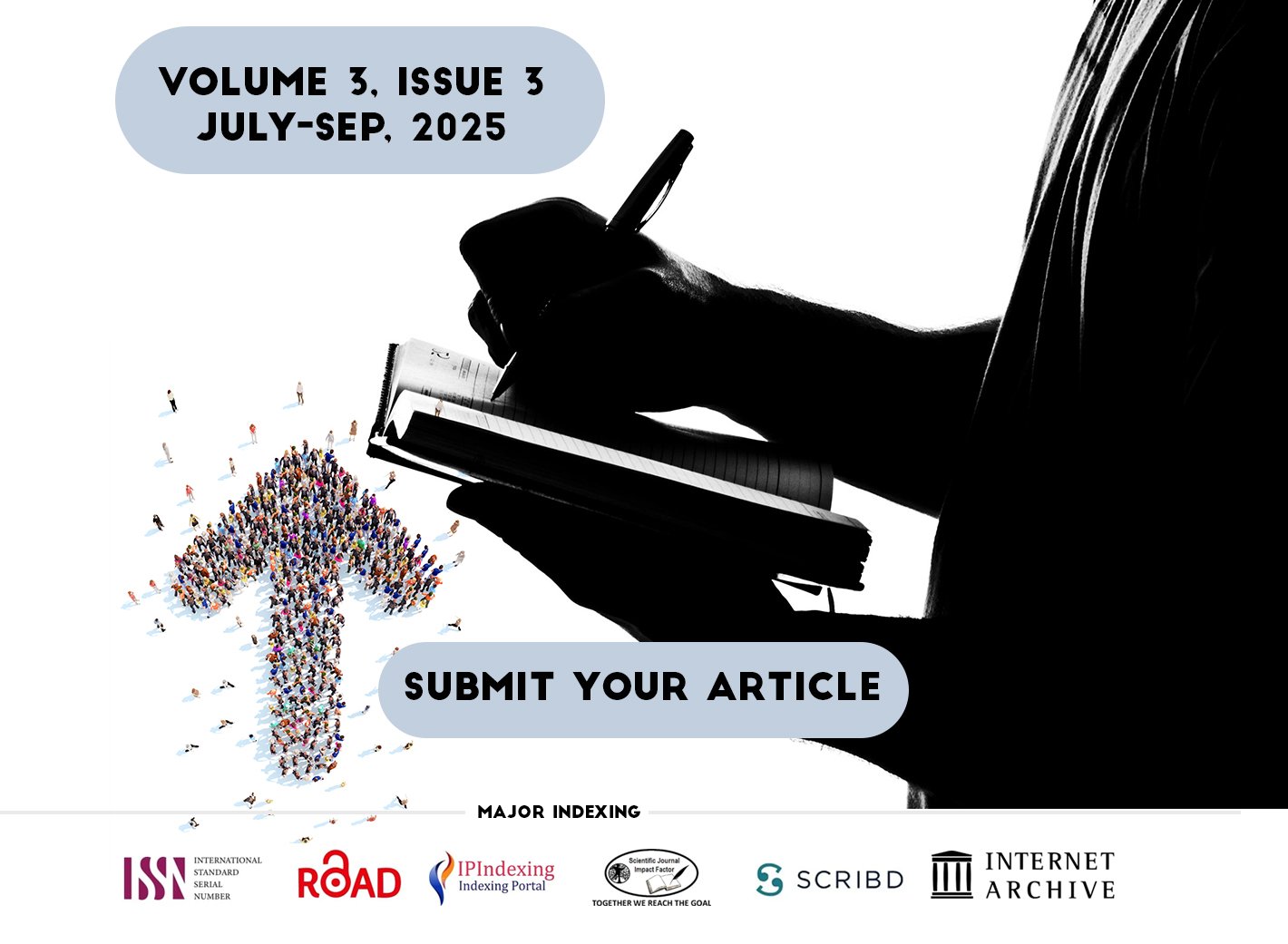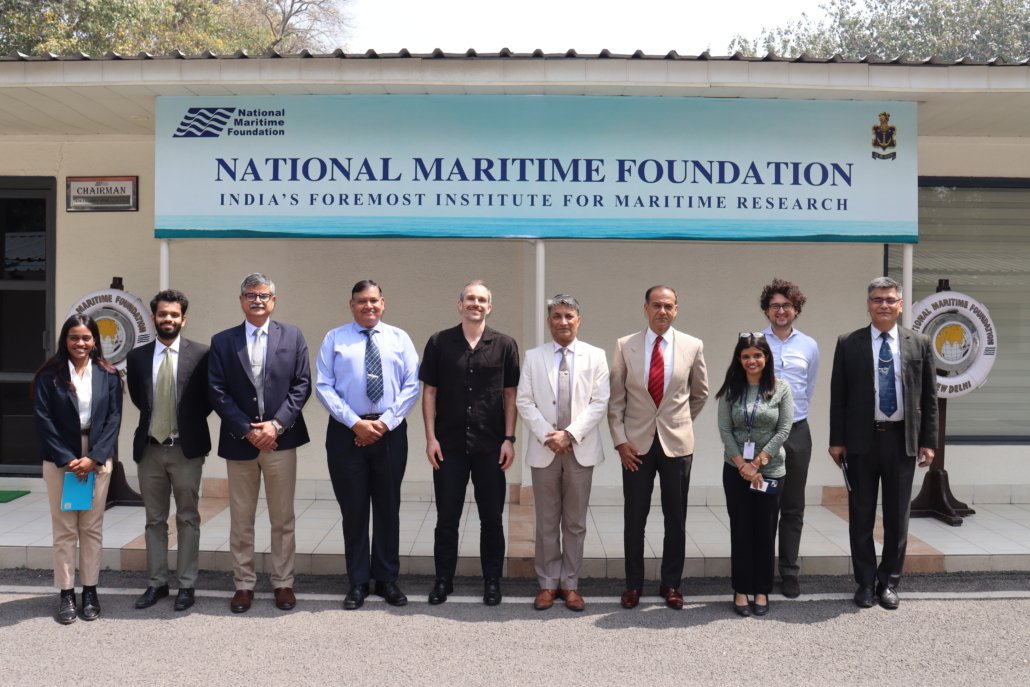The civil services commissions of Bangladesh and India, two South Asian nations with different administrative systems, are thoroughly compared in this article. Civil services commissioners are essential to the upkeep of good governance because they choose and manage the civil service workers who are essential to the functioning of a nation. This study aims to shed light on the similarities and differences between the civil services commissions in India and Bangladesh, with particular attention to their historical development, organizational structures, recruitment and selection procedures, training and development initiatives, performance evaluation and accountability mechanisms, as well as the challenges and reforms they face. In Bangladesh’s and India’s recruiting and selecting procedures, a great deal of attention is paid to examination systems, eligibility standards, and training programs. An analysis of these procedures provides insight on the efficiency and diversity of employment policies in the two countries. The article also looks at initiatives related to training and development, including curriculum, skill development plans, and training facilities, all of which are crucial for equipping public servants with the knowledge and skills needed for their positions.







